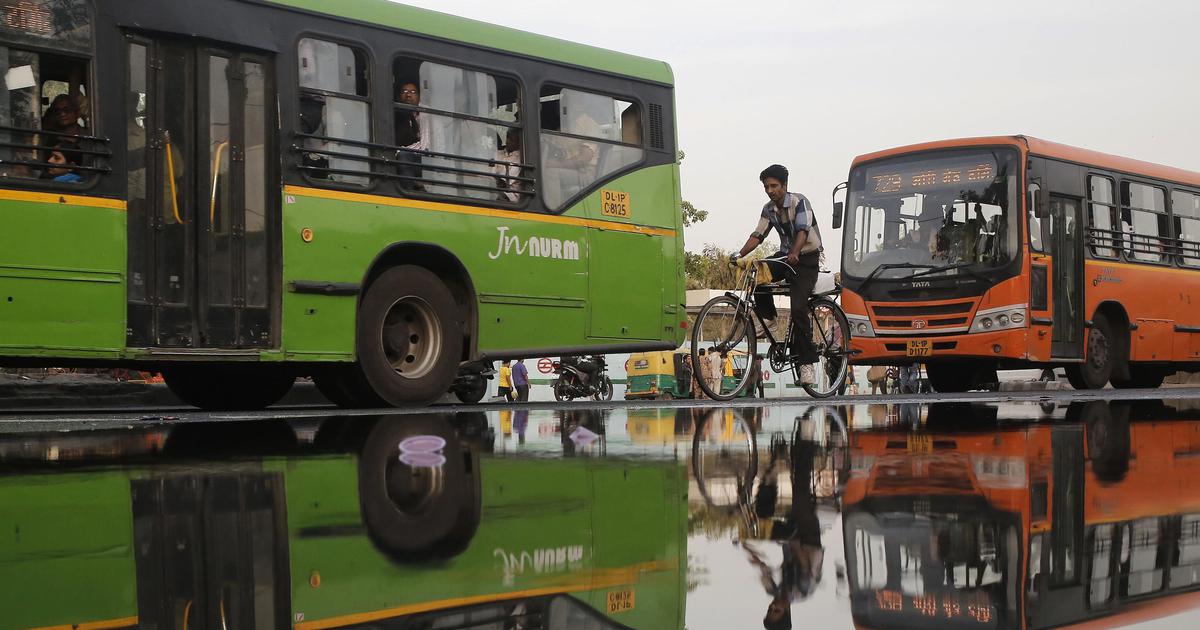In a significant ruling that aims to alleviate urban traffic congestion and promote road safety, the Supreme Court has upheld a previous order by the Gujarat High Court, restricting the entry of heavy vehicles, including private buses, into the city between 8 am and 10 pm. The decision follows a legal challenge by private bus operators, who argued that the ban was causing operational difficulties and safety concerns for passengers. However, the court prioritised the public interest in reducing traffic congestion and safeguarding urban road users.
The petition, filed by Shrinath Travels, specifically challenged a notification issued by the Commissioner of Police. The notification was aimed at controlling the influx of heavy vehicles into densely populated urban areas, particularly during peak traffic hours. The private bus operators argued that the ban forced them to drop passengers outside the city limits, leading to significant inconvenience, especially for vulnerable groups such as women, children, and the elderly. This, they claimed, not only disrupted the efficiency of public transportation but also raised safety concerns on less secure outer ring roads.
From a civic perspective, the decision is seen as a major step towards managing urban congestion, which has been a persistent issue in many Indian cities. Heavy vehicles are known to contribute significantly to both traffic delays and accidents during peak hours. By limiting their movement during the day, authorities aim to create safer and more efficient road conditions for motorists and pedestrians alike. Data has shown that cities with similar bans have seen a marked decrease in traffic-related incidents, pointing to the potential success of such regulations in urban planning.
On the sustainability front, this decision reflects a growing emphasis on reducing the environmental impact of urban transport systems. Heavy vehicles not only exacerbate traffic issues but also contribute to increased pollution levels in cities. Restricting their movement during daytime hours aligns with broader efforts to promote sustainable urban mobility. This decision could encourage a shift towards more environmentally friendly modes of transport, fostering a cleaner and healthier urban environment.


